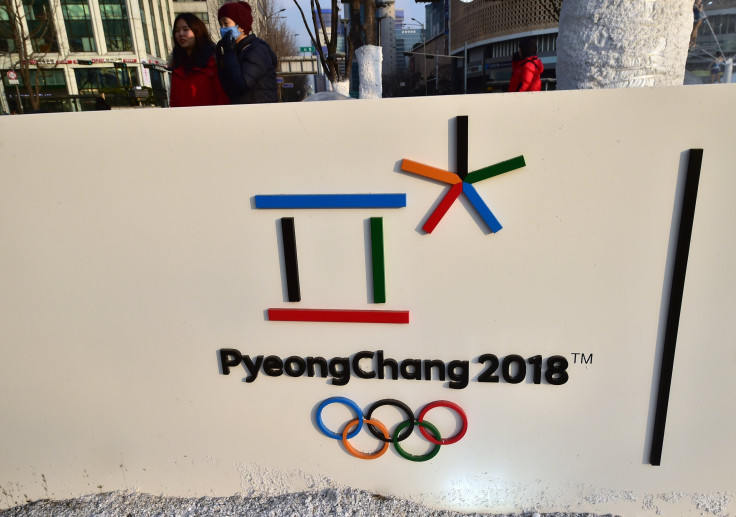Russian Athletes Appeal To Participate In Pyeongchang Game Rejected By Panel

The hopes of 47 Russian athletes and coaches were dashed merely hours before the Winter Olympics began, when the Court of Arbitration for Sport (CAS) denied their appeal to participate in the competitions.
However, the panel allowed 168 athletes to participate in the Winter Olympics as scheduled. The participating athletes are expected to forego wearing colors and flags to represent their country. They will be allowed to compete under the banner "Olympic Athlete from Russia," reports said. In addition to this, the athletes had to go through a screening process to ensure they hadn’t violated the doping rules.
The screening process was honed into place for Russian athletes after the wide-spread doping scandal was revealed during the Sochi Winter Olympics of 2014. Following an investigation into the first report in 2014, it was revealed the athletes had used performance enhancing drugs copious times in the past and had swapped urine samples to go undetected during tests.
Following the scandal, the IOC announced in December it was banning Russia from participating in Pyeongchang.
The 47 athletes were asked to be invited to the games despite being left off from the list by the International Olympics committee (IOC) panel, which was set up to determine the eligibility of the athletes after the doping scandal.
The IOC’s decision wasn’t to have a blanket ban on all the athletes. Individual athletes were given permission to take part in the games, provided they take a test to determine they haven’t violated the doping rules. And if they passed the screening test, they would be allowed to participate without displaying their country’s color or flag. However, they would be allowed to carry a Russian banner, Guardian reported.
CAS’s decision to deny the appeal of the athletes, hours before the games began in Pyeongchang, was taken by a panel comprising three people — a Swiss, an Australian and a Canadian. The CAS said the ban on the contingent athletes and coaches, who sought an invitation to the game, will remain in place.
They said the decision was not carried out “in a discriminatory, arbitrary or unfair manner.”
An IOC spokesperson said, “We welcome this decision which supports the fight against doping and brings clarity for all athletes.”
Sir Hugh Robertson, the chair of the British Olympic Association, also stated his support for the decision: “It’s clearly disappointing that we are still talking about this on the eve of a Winter Olympics,” he said. “But the decision is reassuring. We want our athletes to be competing against the very best but in the knowledge they are facing clean athletes.”
© Copyright IBTimes 2024. All rights reserved.











